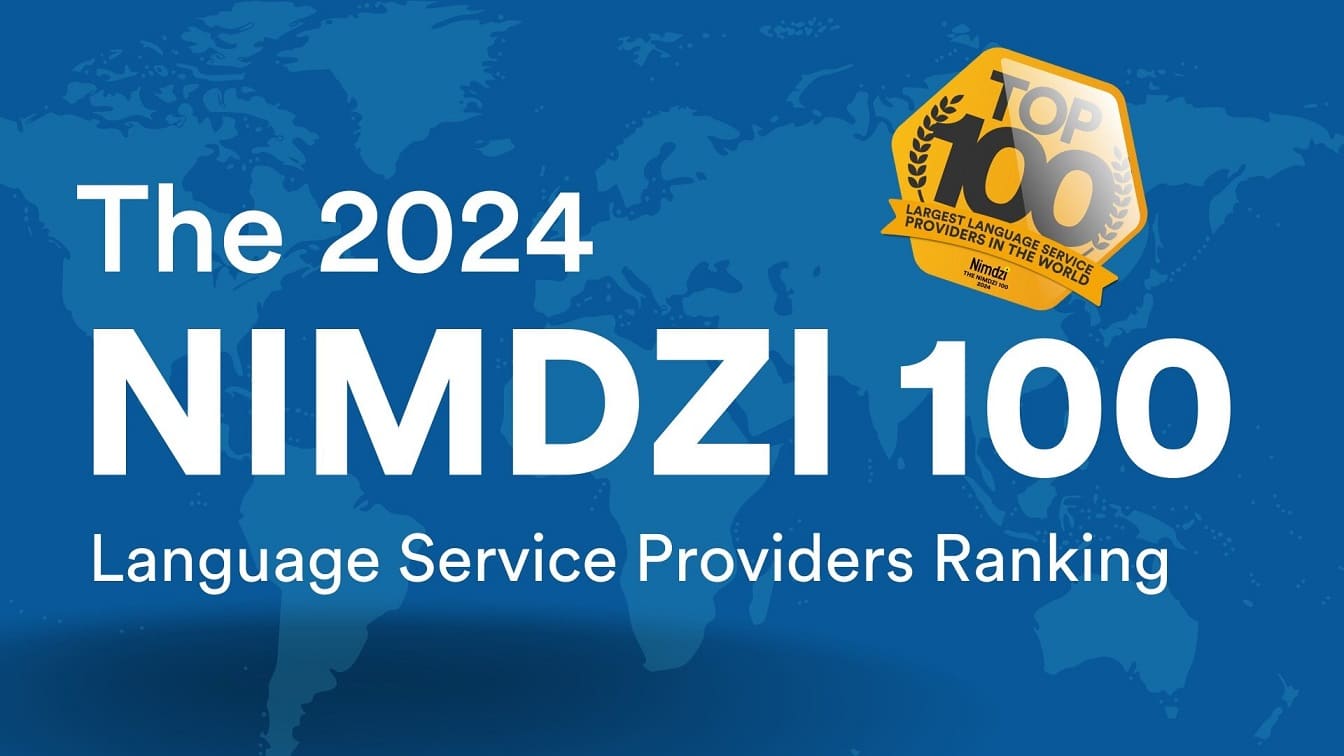Providing students who report their disabilities with the tools to make their classes accessible is a no-brainer. However, 52% of students don’t come forward to make those requests.
University and K-12 leaders are responsive to classroom accommodation requests, but there still is room for improvement when it comes to proactively providing accessibility. Educators often overlook students’ needs when it comes to access for events outside the classroom, such as live sports, guest lectures or graduation ceremonies. These oversights are denying students access to events that are key parts of a well-rounded educational experience.
The need to prioritize inclusion on university campuses shouldn’t be up for debate. Educational leaders must aim to make changes that proactively include their students and their diverse community members. Being responsive to specific requests is no longer enough. Staying competitive in today’s educational climate means adopting policies that drive inclusion both inside and outside the classroom.
Here are some key areas educators should consider as they rethink accessibility and inclusion strategies and investments.
1. The full college experience happens outside the classroom.
Activities like clubs, performance groups and volunteer opportunities greatly benefit and add to the student experience. Social activities help students develop skills related to their career path and expose them to diverse perspectives. These opportunities improve their leadership and allow them to develop interpersonal skills they’ll need in their lives and careers.
Offering inclusive social activities can also lead to better academic results. For example, California State University, Sacramento, reports that students involved on their campus had higher retention and graduation rates. At Purdue University, students who serve as campus organization officers had better grades compared to their peers, with average GPAs of 3.0 and above.
Universities that neglect to make their events and activities accessible exclude students with disabilities. Crafting an inclusive experience can be as simple as adding accessibility technologies, such as captioning, to guest speakers, plays and performances and club activities. Such small steps help ensure that all students can access important school community events like their peers can.
2. Go Team!
Cheering on the home team or rooting for your college alma mater often is a memorable part of the overall school experience. And, for the estimated 20% of people worldwide who are deaf or experience some degree of hearing loss, captions are a necessary part of getting in the game.
Many stadiums and arenas display captions on scoreboards and ribbon boards or via an app or dedicated URL that can be easily accessed on a smartphone or other mobile device.
Captions not only help fans follow all the action, they also help everyone in attendance keep up with what’s happening in the venue. In addition to relaying play descriptions, scoring, and player information, stadium and event center captioning includes announcements related to safety or emergency protocols, end-of-game updates, in-stadium advertisements, and next-game information.
Stadiums and arenas can work with an experienced captioning provider, like Verbit, to eliminate the stress of providing in-venue captions. Professional providers will collaborate with you to test your equipment; onboard your staff to ensure seamless delivery; establish and test multiple IP and encoder connections; monitor start and finish times for all games to make sure every part of the event is captioned; research rosters, coaching staffs, mascots and announcers and load them into customized dictionaries; and be available to offer support and assistance should any issues arise.
Just like any seasoned player or coach, a quality captioning provider will bring their knowledge and experience to the team.
3. Livestreams and hybrid events are here to stay.
Over the past few years, educators have witnessed the benefits of allowing students, parents and the greater community to tune in remotely. With more online and hybrid learning opportunities, school leaders have been hosting more remote events, discussions and parent-teacher conferences. These efforts continue to engage audiences while providing greater flexibility for people with busy schedules.
Hosting virtual events or streaming live ones makes it possible for the school community to interact in real-time, no matter where they are. For example, in the past, if parents couldn’t leave work to watch their kids’ sports games or class presentations, they missed them. Now, parents can tune in without having to commute. However, both students and the greater community watching remotely may have disabilities or needs that warrant accessibility solutions. For educational institutions, remembering these needs is key. Making these events inclusive means considering accessibility and offering solutions like captioning or audio description.
In many cases, individuals who are Deaf or hard of hearing form part of your audience, so providing live captioning is essential. Plus, many of these tools help to boost overall audience engagement – by 12%. Leaning into the trend of offering more opportunities to engage remotely and with equity will help foster a more inclusive community.
4. It’s not just about your students.
It’s also important to consider the diverse individuals attending your school and community events, including alumni, parents, grandparents and prospective students from all over the world may be tuning in.
Everyone in your community benefits from inclusive practices. And offering tools like captioning on Zoom-hosted events or videos is one small tweak that makes them more inclusive right away. Parents or grandparents who are Deaf or hard of hearing and attending their students’ commencement ceremony will be grateful for the proactive solutions. Outside participants like these aren’t likely to ask for event accommodations, and offering tools like captioning or audio description shows that you value all audience members and want to include them.
5. Your community is more global than you think.
Approximately 1 million international students study in the US alone each year. Additionally, prospective students, students’ families and others are likely engaging with your website, events and content. Many of them are likely non-native speakers who would appreciate opportunities to fit in and feel included in your school community. Taking steps to showcase how committed you are to inclusion and diversity is key. Captions can also help as visual aids for them better comprehend and retain important information from their classes and events. Plus, you can also partner with a brand like Verbit to offer captions in their native languages for live and recorded events.
6. It’s often required by the law.
With accessibility lawsuits on the rise, providing inclusive and accessible experiences isn’t just the right thing to do – it’s essential. Schools and universities must provide equal access and effective communication according to the Americans with Disabilities Act (ADA), so that all audience members can participate.
To make sure you’re offering an accessible viewing experience, you should aim for top accuracy. Partnering with Verbit can support these efforts. Verbit uses its own proprietary AI-powered ASR along with a layer of human editing that greatly improves the quality of the captions. Additionally, with Verbit, you have access to solutions that integrate with Zoom or the platforms. This way, you can easily boost access to classes and events through simple, user-friendly processes.
7. You’ll have the added benefit of helpful written records.
The benefits of providing word-for-word transcription go far beyond making all your school activities accessible. Having transcripts from live events provides institutions with a valuable resource they can reference and use later. Transcripts can serve as legal backing by preserving records of information people shared during events, meetings or classes.
Additionally, transcripts can also be repurposed and used to provide helpful content for your school’s website. Searchable transcripts make it easy to locate clips or quotes for marketing content and online videos. You can post copies of transcripts for those who missed events and use them to enhance your online presence. If providing transcripts as an additional way for your school community to consume content wasn’t enough, consider the added benefit of increasing the SEO of your institution’s website.
Start Investing in Inclusion
Many institutional leaders understand the benefits of accessibility for their communities but face budget restraints. Bringing these points and use cases to stakeholders at your institution can help highlight the value of creating an exclusive educational experience for all students. Gaining an understanding of accessibility obligations for public-facing events and legal requirements for accessibility measures is also essential. Overall, working to build a core team to advocate and drive awareness around the need for inclusion can help you secure more institutional buy-in and investment. Today, offering inequitable and inaccessible community and event experiences is no longer justifiable.
Partnering with an accessibility leader like Verbit will help as well. Verbit is working with institutions like the University of Arizona, Princeton University and Chemeketa Community College to design inclusive events and arm them with technology that supports equitable campus experiences. Reach out to speak with an accessibility expert today.




